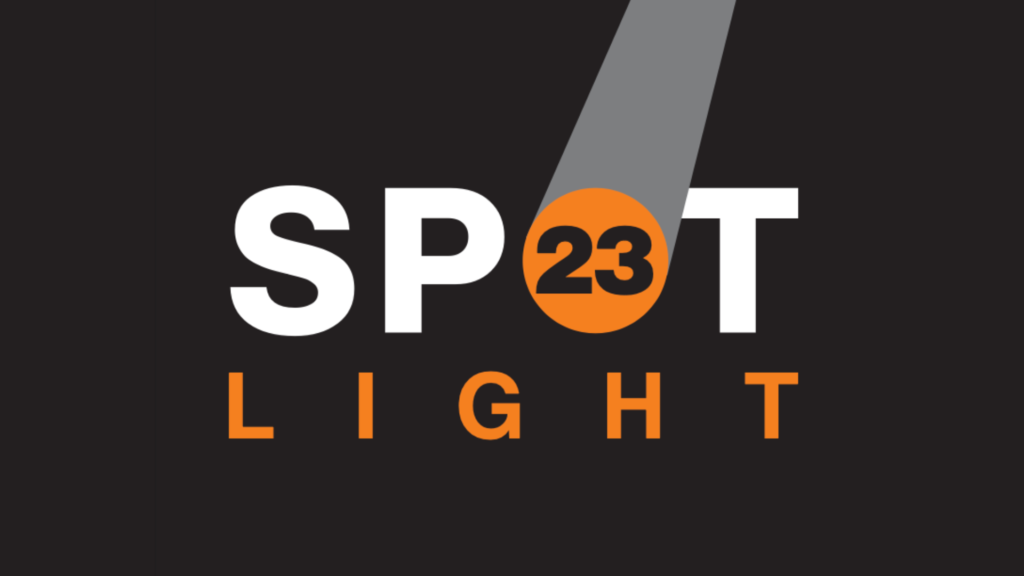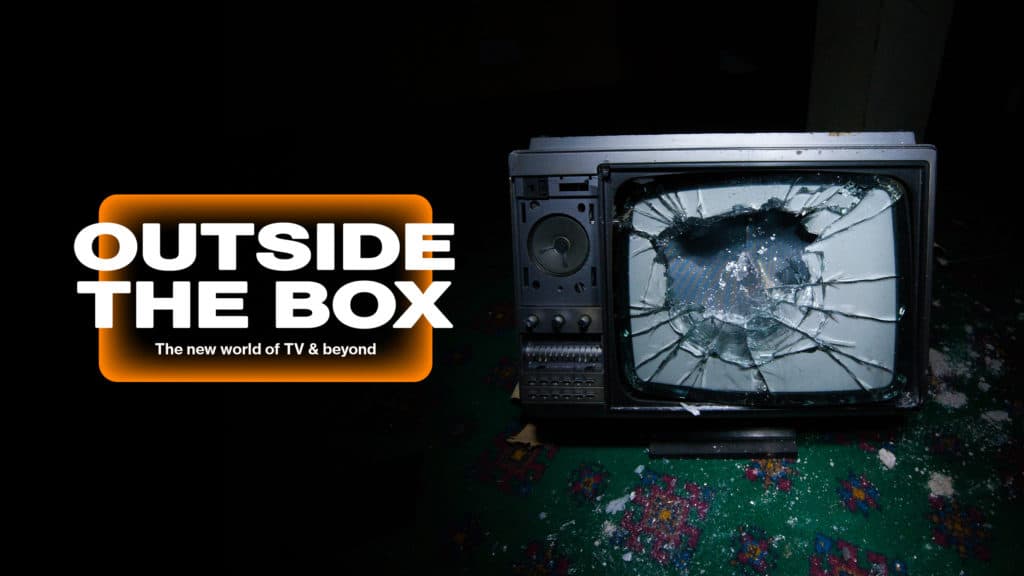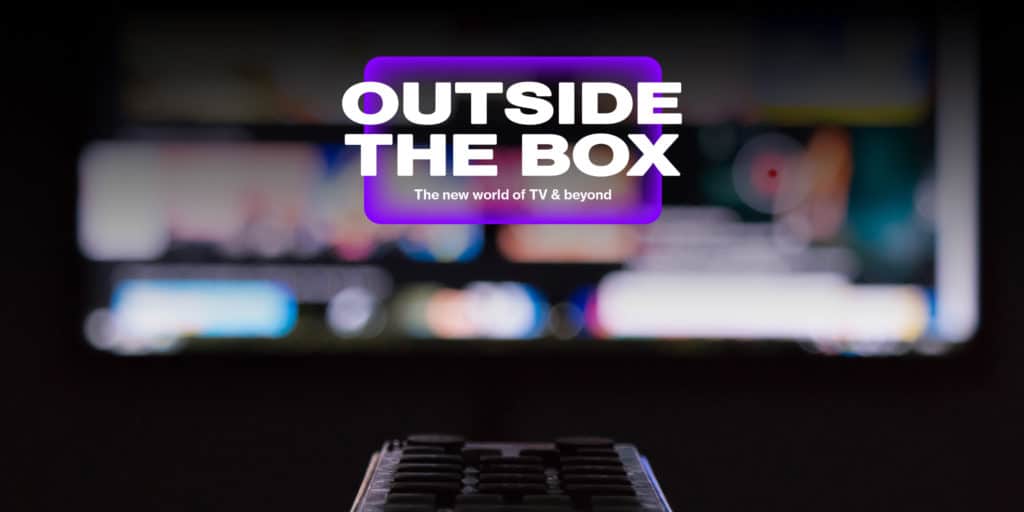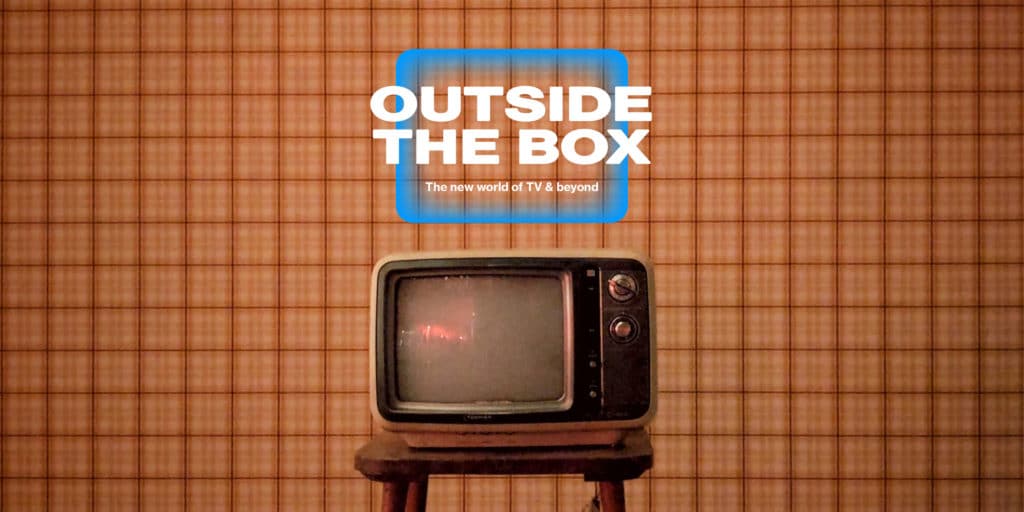All impressions aren’t equal – the Video measurement trap and how to avoid it
With great choice comes great responsibility, as Spiderman nearly said. But when it comes to the responsibility of evaluating the ever-expanding array of Video formats, it’s one many of us are shirking.
It’s not because we’re lazy – this stuff is hard. And complex. Falling into the trap of treating all impressions equally is common. But it’s a trap advertisers must avoid if they are to capitalise on the tantalising growth opportunities available through video.
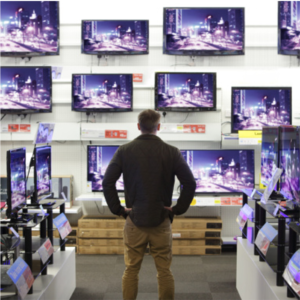 The basic level of video effectiveness starts with a simple analysis of media metrics. Such analysis typically reveals the disparity between engagement levels of different video types. Completion rates, often combined as an audible-and-visible-oncompletion (AVOC) metric, vary enormously from one format to another, leading to the cost-perthousand (CPM) of ads that were seen and heard being much higher than the CPM of impressions paid for.
The basic level of video effectiveness starts with a simple analysis of media metrics. Such analysis typically reveals the disparity between engagement levels of different video types. Completion rates, often combined as an audible-and-visible-oncompletion (AVOC) metric, vary enormously from one format to another, leading to the cost-perthousand (CPM) of ads that were seen and heard being much higher than the CPM of impressions paid for.
At the most basic level, advertising needs to be seen and heard to nail any objective in the purchase journey, from the priming stage when consumers are not actively in market, to the active stage, when they’re weighing up brands and looking to buy. So analysing media metrics such as AVOC is an important indicator of potential effectiveness.
 Yet media metrics do not tell the full story when it comes to driving the business outcomes that matter for growth. For increasing priming stage bias in particular, we also need to consider the quality of the content. Content drives attention and therefore higher rates of metrics like AVOC. Content quality is also crucial for brand ‘signalling’. Appearing around premium content and alongside other premium brands is a demonstration of a brand’s own strength.
Yet media metrics do not tell the full story when it comes to driving the business outcomes that matter for growth. For increasing priming stage bias in particular, we also need to consider the quality of the content. Content drives attention and therefore higher rates of metrics like AVOC. Content quality is also crucial for brand ‘signalling’. Appearing around premium content and alongside other premium brands is a demonstration of a brand’s own strength.
This signalling effect is almost certainly a factor in premium broadcast TV’s consistent ability to deliver business outcomes for brands and return positive ROI ahead of other media channels.
Broadcaster video on demand (BVOD), the champion of the Video world, is celebrated because it harnesses the multiple benefits of linear TV with the precision targeting and agility of a data-led media universe.
Across our UK FMCG clients – especially pharmacy brands where we are activating bespoke audiences using purchase and lifestyle data points, as well as using real-time triggers such as the pollen count to switch activity on and off – we have seen the ROI score of video-on-demand (VOD) as high as or just behind the lead media of TV. Implementing a combined VOD and TV approach improves these scores even further. VOD mimics TV’s multiplier effect and makes other media work harder still.
Although the multiplier effect of Video on traditional TV is well-established globally (albeit with nuances), it’s still a challenge to measure, even in the largest markets. As Vinny Rinaldi, Wavemaker US Head of Investment and Activation, says: ‘In the US, many brands use AV measurement to assess incremental reach. This reach is key to driving business growth as brands strive to acquire new customers and steal share from the competition. The best way to do this is via addressable AV formats where we can precisely target and/or suppress those who have been exposed to a linear ad, by using an identity-led infrastructure in which we control frequency. By controlling these aspects, we begin to reach new households and new-to-brand purchasers.’
‘As in other markets, measuring this is not easy, although there are now holistic solutions like Nielsen’s Total Audience Reach, which can show the total incremental reach of a brand campaign – including new AV channels that are not part of the standard media buy.’
Wherever you are in the world, it’s clear that effectiveness in Video is complex to navigate. It requires close scrutiny of media costs and performance metrics like cost-per-completed-view and AVOC, as well as longer-term assessment of the impact on outcomes like priming stage bias.
In APAC, as Jason Wendt, our Investment Director for APAC, explains, the picture is split between China and other markets. ‘In South East Asia, many markets rely on TV for building reach, which makes measuring digital video’s incremental contribution paramount to clients. But can we count video views or impressions towards incremental reach if they haven’t been seen? Not all views are created equal so moving beyond measuring towards actioning viewability and view-through data is more important than ever.’
‘In China we see a completely different dynamic. The market has shifted radically away from leveraging TV’s traditional reach capabilities and we see the growth and dominance of addressable video, including strong growth in live-streaming formats on connected TV as well as on mobile devices. This makes data and AI key to precision targeting and reach measurement across all connected devices. This trend will only continue, with OTT and IPTV continuing to grow and brands looking for more measurable outcomes.’
 Whatever the market, across Wavemaker we are tackling the Video measurement challenge head-on with a bespoke ‘Video Unlock’ module built into our Provocative Planning process. This enables us to audit video activity for our clients across planning, campaign set-up, measurement, optimisation and creative. The result is video solutions fit for campaign strategies, robustly measured for their effectiveness against a whole range of KPIs in the purchase journey.
Whatever the market, across Wavemaker we are tackling the Video measurement challenge head-on with a bespoke ‘Video Unlock’ module built into our Provocative Planning process. This enables us to audit video activity for our clients across planning, campaign set-up, measurement, optimisation and creative. The result is video solutions fit for campaign strategies, robustly measured for their effectiveness against a whole range of KPIs in the purchase journey.
The big questions remain the same: Did the campaign do what we set out to do? Was it successful and why? With so many new formats to choose from, success must now be measured by a multitude of media KPIs, but our ultimate goal is constant – to grow a client’s business.
A quick example: We took a brand-new-to-Video alcohol advertiser and invested 100% of their budgets into VOD – supported by an ultra-rigorous and methodical Video evaluation plan. The rewards were terrific; a year-on-year increase of 71% in offtrade sales across the campaign, brand awareness up 16% and 300,000 new customers. The campaign was so successful that it was repeated – this time moving money from traditional OOH.
The question we ask ourselves on every plan, in every media channel, for every individual buy is this: ‘How will this grow the business?’ For Video the answer lies in a new, forensic approach to evaluation, providing clarity, rich insight and that all-important growth. As Spidey actually said, ‘I don’t want to know – I need to know’.

John Appleby, UK Head of Video and Advanced Products

Vinny Rinaldi, US Head of Investment and Activation

Jason Wendt, Investment Director, APAC





